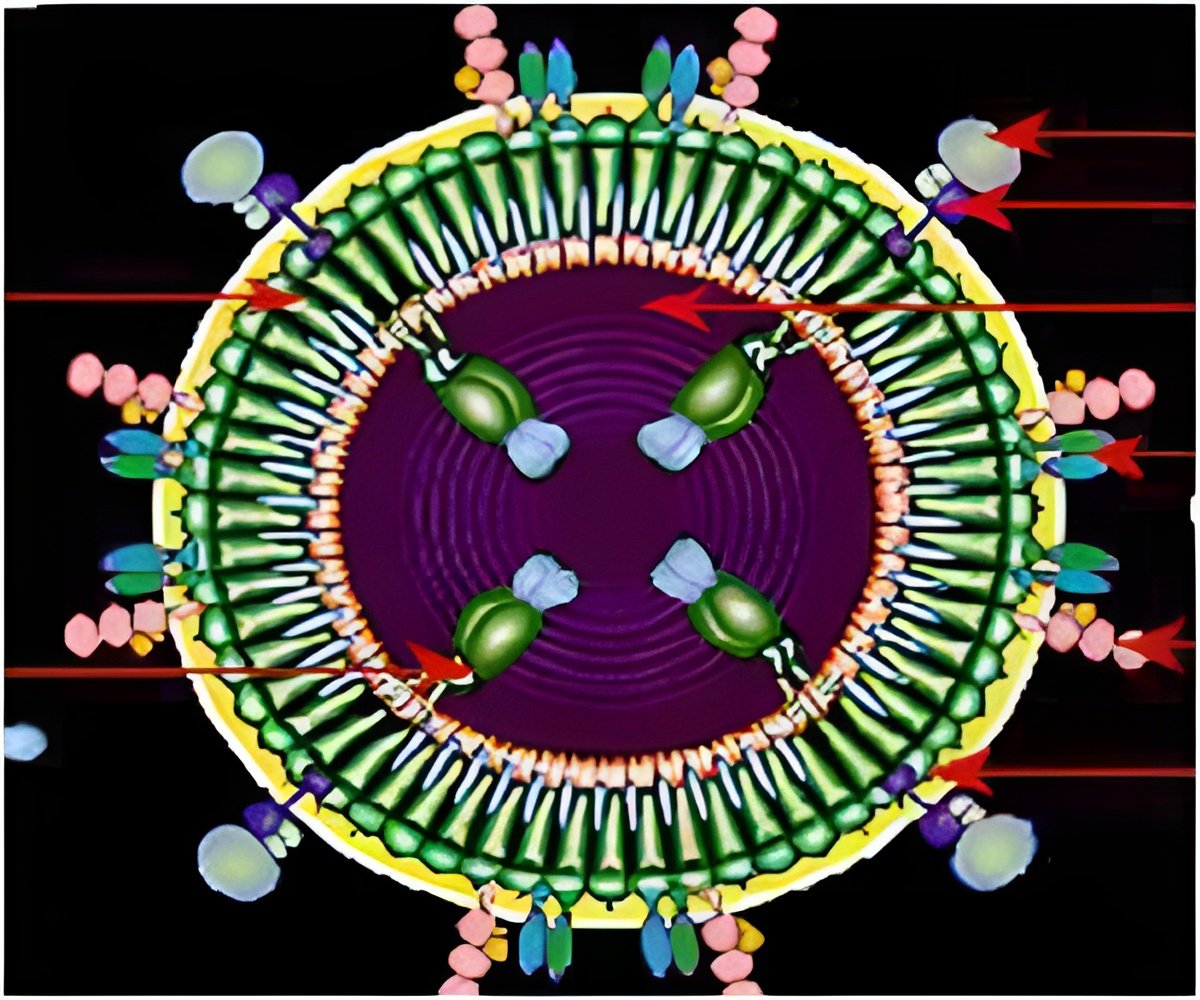
Myeloid cells are a subset of white blood cells that display antigens and hence are important for the body's immune response against viruses and other pathogens.
The factor, a protein called SAMHD1, is part of the nucleic acid sensing machinery within the body's own immune system. It keeps cells from activating immune responses to the cells own nucleic acids, thus preventing certain forms of autoimmunity from developing.
SAMHD1 factor, researchers have found, can also sense and interfere with infection of myeloid cells, such as macrophages and dendritic cells, with HIV-1 and related immunodeficiency viruses.
As such, SAMHD1 prevents the synthesis of virus copies in these cells, according to research led by Jacek Skowronski, PhD, a professor in the Department of Molecular Biology and Microbiology.
"The identification of SAMHD1 and its function may help to explain why some infected individuals can control HIV infection better than others," Dr. Skowronski said.
Advertisement
The study was recently published in the journal Nature.
Advertisement









